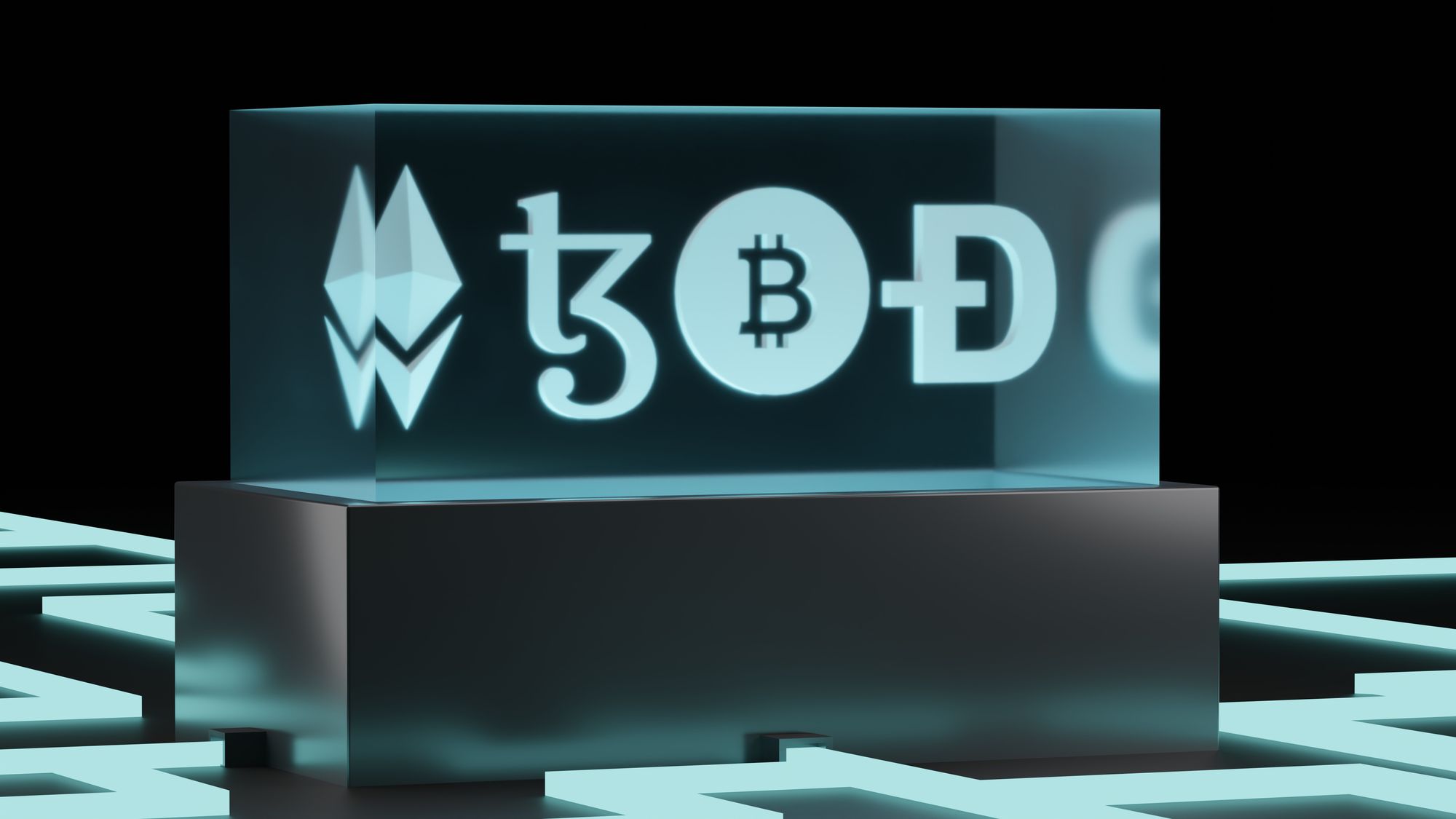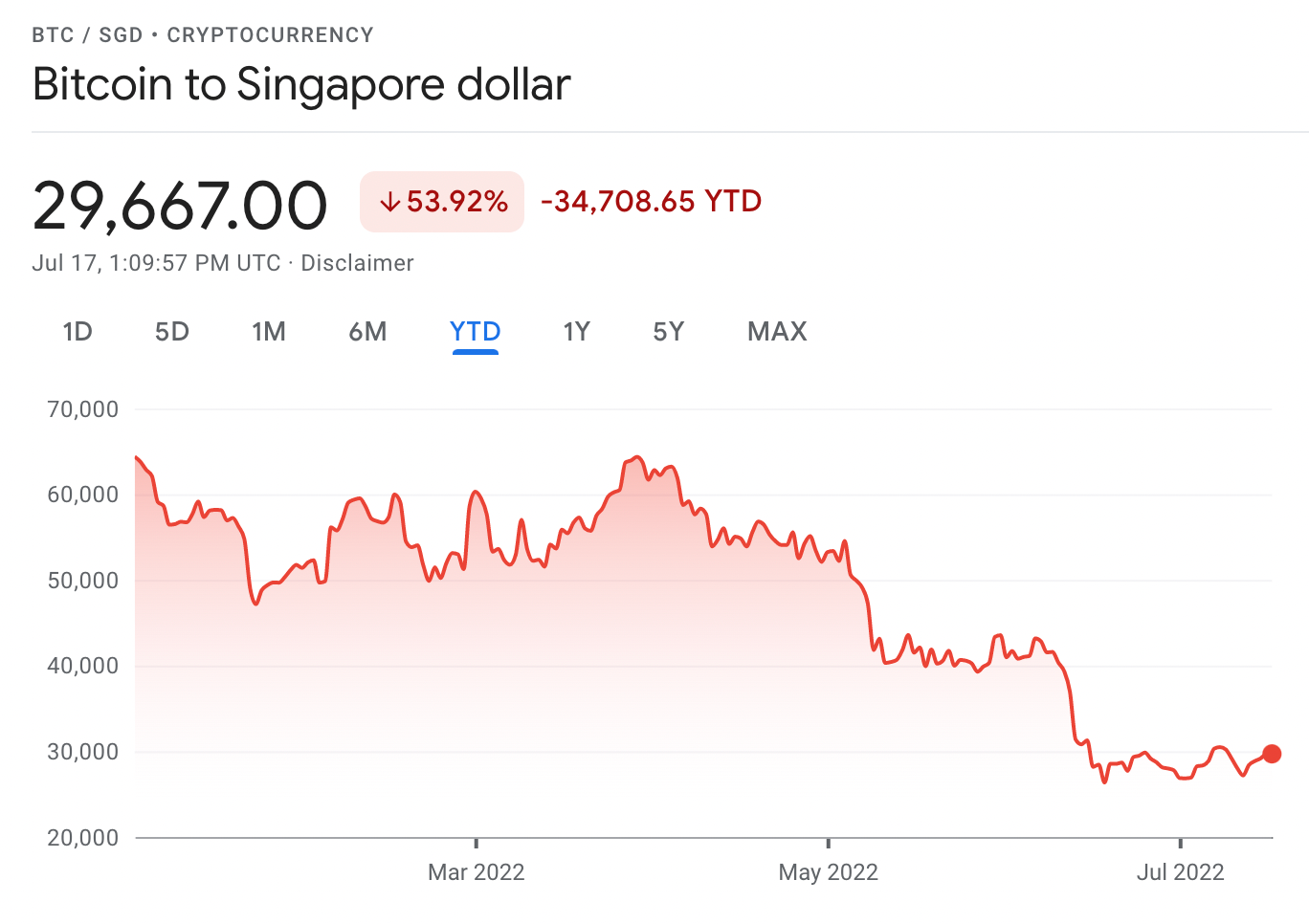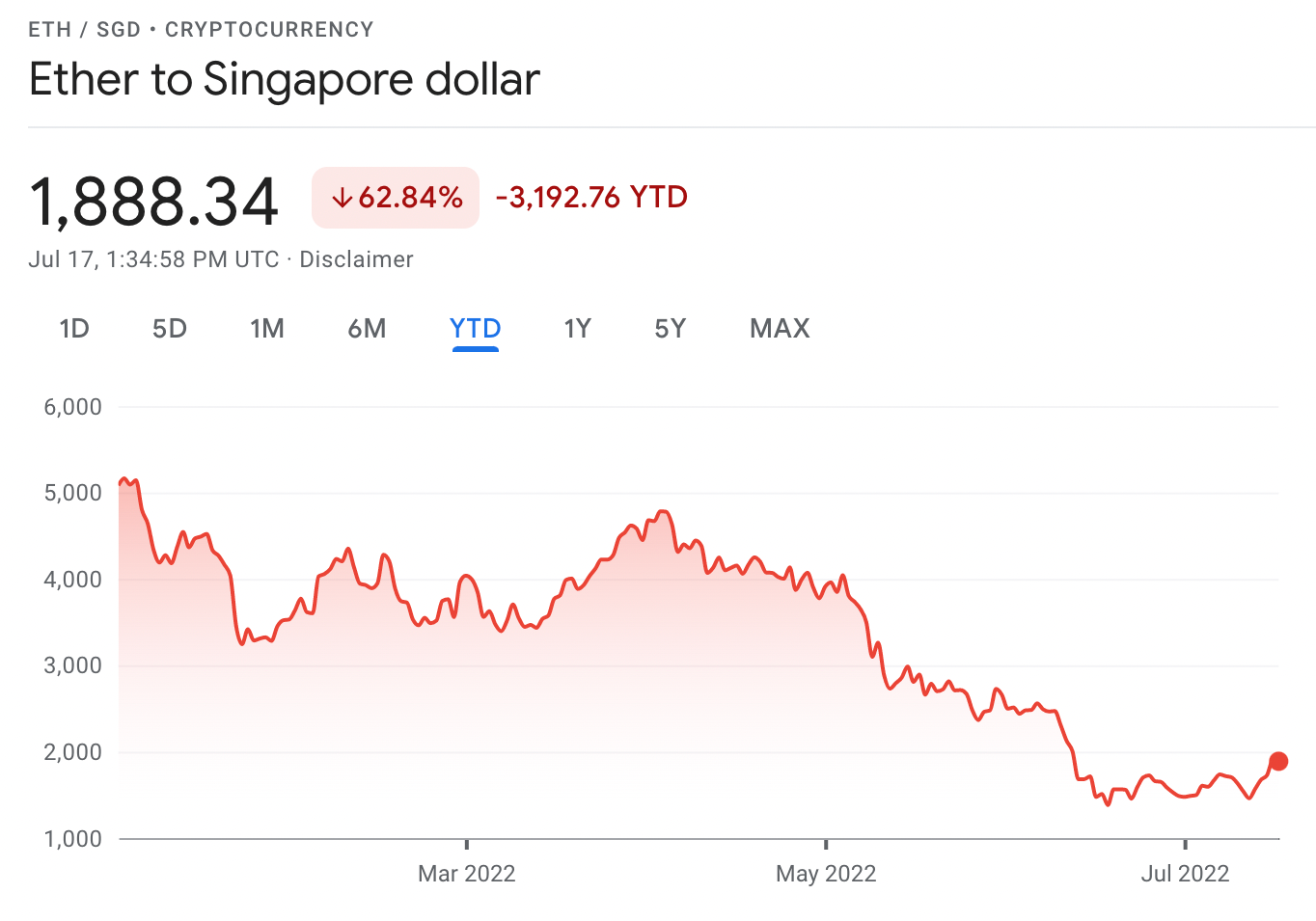Are Digital Tokens the Best Way to Invest in Real Estate?
‘Tokenisation’ may be a buzzword in real estate investing. But is it a better way to invest in properties, yet?

Tokenisation has enabled easier and more secure payment transactions across the world. As a result, more and more real-world assets are being tokenised over the last decade or so.
Thanks to the blockchain and distributed ledger technologies behind it, tokenisation has made it possible for sensitive information about a transaction to be replaced with unique identification symbols, while retaining all information, without any compromise on security. The cutting-edge technologies also make transaction histories fully transparent, as each transaction will be validated and stored by multiple nodes.
Some common tokens you may be aware of would include cryptocurrencies as well as non-fungible tokens. But did you know that tokenisation has also made inroads into real estate investments in recent years?
To facilitate tokenised transactions in real estate investments, various specialised digital tokens that represent ownership of a real estate asset were created. In addition, some real estate co-investment platforms also allow investors to invest in real estate with established cryptocurrencies, such as Bitcoin and Ethereum, among others.
Tokenised real estate investments may be growing but not a critical mass yet
A relatively new development, real estate tokenisation had reached a market capitalisation of more than USD25 million in 2020, as reported in the Security Token Market Real Estate Report released in December 2020.
Even as that figure has risen to more than USD53 million in May 2022, it is probably just a drop in the ocean, when compared to the entire value of the global managed real estate market, which stood at USD11.4 trillion in 2021, according to the MSCI’s Real Estate Market Size Report 2021/22.
While it may seem that tokenisation of real estate has legs, some may understandably question if it is just a hype or a trend that is here to stay?
What the yay-sayers say

Real estate tokenisation has indeed caught the attention of many tech-savvy investors. Small wonder that a recent LinkedIn poll we conducted also found that most of the respondents (57%) believe that digital tokens are the better way to invest in real estate instead of hard cash.
Apart from the obvious security and transparency that the blockchain technology brings, proponents of real estate tokenisation usually also cite the lower barriers to entry as one key reason they prefer it.
This is undeniably an advantage over traditional real estate investing, where investors are required to fork out a huge sum of money to invest in a property – if it is even affordable to them. The reality is, many investors would find it impossible to own a property through that investment route, due to the huge capital outlay required.
A paradigm shift from this, tokenised real estate investments allow investors to co-invest in and fractionally own properties that come with a hefty price tag. And in some cases, some of these properties may even be commercial properties that are usually only accessible to the likes of institutional investors.
Some also assert that tokenisation makes real estate investments more liquid and efficient, as the tokens can be readily traded on a digital securities exchange, where settlement times are short and transaction costs are low. But we think that there is a need to look deeper for the truth in regard to this claim.
Woes of tokens
One of the key reasons why people choose to invest in real estate is that it is an asset that generates relatively stable returns, as shown from historical trends. While real estate prices and prospects may be influenced by geo-specific and macroeconomic factors, as well as currency rates, a 2019 research article by the Bank of Singapore has shown that its correlation with risk assets is historically low.
By investing in real estate with established tokens that are widely traded on a digital securities exchange, however, investors will essentially be subjecting their investments to an additional layer of volatility, which is typically high, brought about by the highly unpredictable cryptocurrency markets.
The year-to-date roller-coaster price trends of Bitcoin and Ethereum, as shown below, are a case in point.


Even if investors were to invest in real estate using specialised real estate digital tokens, the liquidity of their investments will also be subject to how widely traded the secondary market of the token is. This, in turn, decides how readily buying and selling of the tokens will take place.
With the tokenised real estate market still in its infancy, and deal sizes not as large as the marketplaces for other asset classes, limited liquidity can also be a practical issue. And if a market for real estate tokens were to cease to exist, for any reason, investors might just run into more serious liquidity issues with their investments.
Sign Up at RealVantageJust what do you actually own?
What some investors of tokenised real estate deals may not have questioned is whether they actually do own or have a claim to part of the physical real estate assets they have invested in?
In many cases, this is unclear. Tokenised real estate investment platforms usually create Special Purpose Vehicles or appoint trustees, which own the invested properties, and investors are only given the right to reap the economic benefits (such as rental income) of the properties they invest in, based on the amount of specialised real estate digital tokens they own. This means that they do not actually have legal ownership of the actual physical properties.
That is fine if investors knew that all along. But for those who thought that they actually do own a legal share of their invested properties, they might be in for a rude shock.
Similarly, for those who invest in tokenised real estate deals using established tokens that are more widely traded, such legal ownership rights may also be unclear for some investment platforms.
Real estate tokenisation is a developing trend, but are we ready for it?
Democratisation of physical real estate investments started many years ago, in the form of private equity real estate investments. But these investments are typically only accessible by well-heeled investors, such as accredited investors and high-net-worth individuals.
Thanks to the advanced technology, however, more and more investors are now able to participate in physical real estate investing through online co-investment platforms, with a much smaller outlay. Powered by cutting-edge technologies, these platforms are also able to crowdfund more efficiently for their properties.
Riding on this trend, various tokenised real estate investment platforms have also sprouted up in the last few years. While they offer investors the opportunity to co-invest in and fractionally own lumpy physical properties with a smaller capital, these platforms also provide top-notch security and transparency for transactions, plus the option of investing with digital tokens.
While this may be a developing trend with its own benefits, it also faces various challenges, which include the lack of a vibrant digital token exchange for specialised real estate digital tokens. Investors who invest in real estate using established cryptocurrencies may also be subject to higher investment risks, due to the high market volatility of these tokens.
And when it comes to ownership of the properties, investors of tokenised real estate deals should also be concerned about the lack of clarity of their legal ownership rights.
The future of real estate tokenisation remains to be seen. But given these challenges, most investors are expected to still think twice about investing in a tokenised real estate deal, until the next impetus emerges.
About RealVantage
RealVantage is a leading real estate co-investment platform, licensed and regulated by the Monetary Authority of Singapore (MAS), that allows our investors to diversify across markets, overseas properties, sectors and investment strategies.
The team at RealVantage are highly qualified professionals who brings about a multi-disciplinary vision and approach in their respective fields towards business development, management, and client satisfaction. The team is led by distinguished Board of Advisors and advisory committee who provide cross-functional and multi-disciplinary expertise to the RealVantage team ranging from real estate, corporate finance, technology, venture capital, and startups growth. The team's philosophy, core values, and technological edge help clients build a diversified and high-performing real estate investment portfolio.
Get in touch with RealVantage today to see how they can help you in your real estate investment journey.
Disclaimer: The information and/or documents contained in this article does not constitute financial advice and is meant for educational purposes. Please consult your financial advisor, accountant, and/or attorney before proceeding with any financial/real estate investments.
